Infection control has always been a top priority for our practice, and you may have seen this during your visits to our office. Our infection control processes are made so that when you receive care, it’s both safe and comfortable.
Our office follows infection control recommendations made by the Alberta Dental Association and College (ADA&C), Health Canada and the Canadian Centre For Occupational Health and Safety (CCOHS).
We want to tell you about the infection control procedures we follow in our practice to keep patients and staff safe.
To ensure the health and well-being of our patients and team members, we have installed 2 different types of air purifiers at our dental office. Both of these are manufactured by the Canadian company, Surgically Clean Air.
- CASCADE WHITE - The Cascade White is the first unit you will see when you enter our office. We have placed this in the waiting area because this is the largest room in our office. The Cascade White is able to filter up to 576 cubic feet per minute.
The Cascade White filter has 6 stages of filtration including UV sterilization, plus two additional negative ion chambers to ensure the air is as fresh as possible. These six filters capture 99.998% of dust particles, pollen, volatile organic chemicals (VOCs), mold, allergens, viruses, odors (like formaldehyde and smoke), bio-aerosols, laughing gas, and many other pollutants that are found in the inside air. The negative ion generator makes the indoor environment feel more pure, clean, and energized.
- JADE - The Jade filter is what you will find in each of our operatories. The Jade filters still have the same 6 stage filtering system and will move 383 cubic feet per minute. This means the Jade will filter all the air in a 10 x 10 room in about 2 minutes.
Both of these filters perform their duties without being loud, (an industry-leading low level of about 55DB) or creating a “breeze” that can be uncomfortable for our patients.
Some additional changes you may also see when it is time for your next appointment. For example:
- Our office will communicate with you beforehand to ask some screening questions. You’ll be asked those same questions again when you are in the office. We will not allow patients to enter our office who have symptoms or have traveled outside of Canada in the last 2 weeks.
- We have hand sanitizer that we will ask you to use when you enter the office. You will also find some in the reception area and other places in the office for you to use as needed.
- You may see that our waiting room will no longer offer magazines, children’s toys and so forth, since those items are difficult to clean and disinfect.
- In the interest of physical distancing, we are advising all adult patients to attend the office alone to prevent crowding.
- Appointments will be managed to allow for social distancing between patients. That might mean that you’re offered fewer options for scheduling your appointment.
- We will do our best to allow greater time between patients to reduce waiting times for you, as well as to reduce the number of patients in the reception area at any one time.
- For our safety and yours, we currently cannot accept walk-ins.
We look forward to seeing you again and are happy to answer any questions you may have about the steps we take to keep you, and every patient, safe in our practice. To make an appointment, please call our office at (403) 382‑2273.
So come on in to get your dental work done and enjoy Surgically Clean Air!
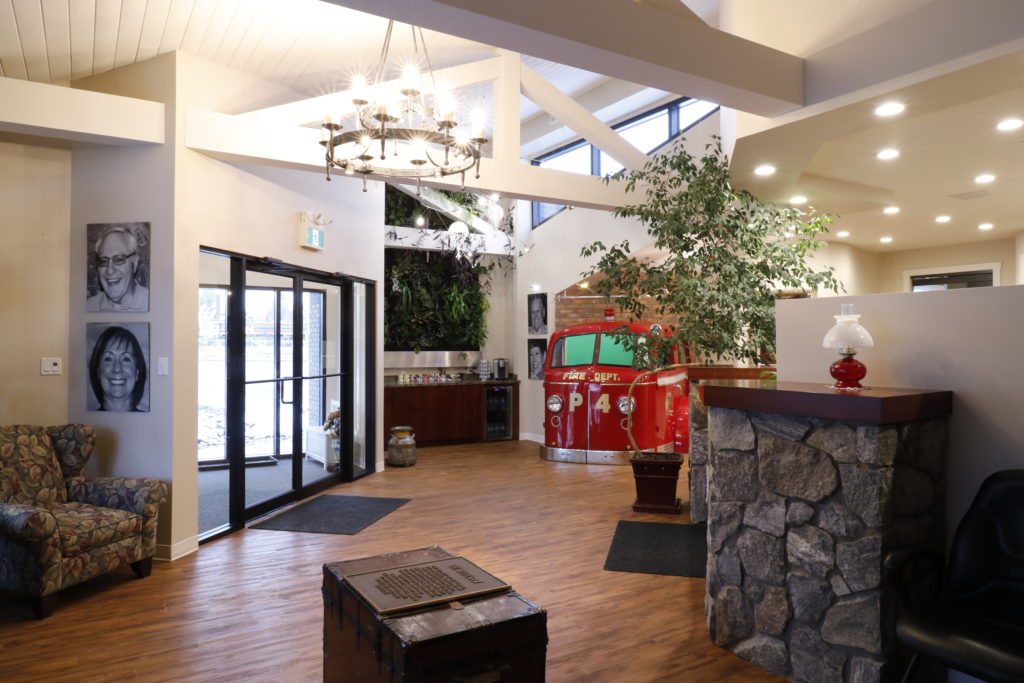
About Sleep Symptoms
Your Lethbridge Family Dentist
Sleep Loss Symptoms
Sleep loss or sleep deprivation happens when you don't get enough sleep or your sleep quality is poor. Lack of sleep can cause impaired judgment, exhaustion, and sleepiness among many others.
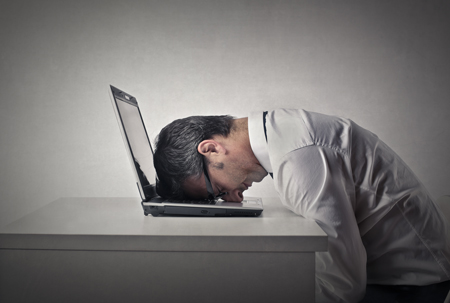
- Daytime sleepiness
- Fatigue
- Increased appetite
- Inability to concentrate
- Moodiness
- Forgetfulness
- Reduced sex drive
What Causes Sleep Deprivation
Sleep deprivation isn't a disease, but it can lead to various health issues. There are various reasons why a person isn't getting adequate sleep.
- Personal choice. Some people stay up to socialize, watch TV, or read.
- Environment. Having noisy neighbors or a partner who’s snoring excessively can also cause you to lose sleep.
- Other Factors. Some don’t get quality sleep at night or have inconsistent sleep schedules due to work or family situations. Those working the night shift and parents taking care of babies or toddlers can also experience sleep loss.
- Illnesses. People dealing with chronic pain, depression, heart diseases, and other medical conditions can also lack sleep.
- Sleep disorders. Sleep apnea occurs when the tissues in your throat over-relax and block the airway. The air struggles to get out and the pressure results in vibrations or snoring. When the passageway becomes completely blocked, your brain wakes you up so you can breathe normally again. However, these episodes keep you from falling into a deep sleep. Even with a 7 or 8-hour sleep, you’ll still feel sleepy in the morning.
Long Term Effects of Sleep Loss
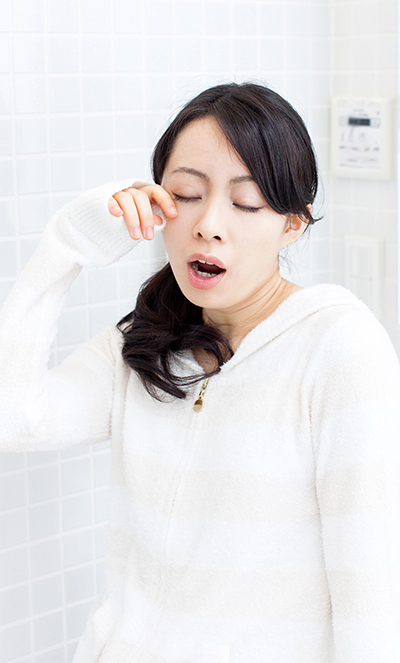
Like kids, adults can also get cranky with insufficient sleep. Sleep loss can take a toll on your physical, emotional, and mental health. It can impact your daily life and relationships.
- Poor memory. Without enough sleep, processing and storing new information can be more difficult.
- Poor concentration. Lack of sleep also weakens concentration and problem-solving skills.
- Increased risk for accidents. Poor sleep can impair your judgment and decision-making skills. This can increase your risk of getting involved in accidents.
- Weakened immune system. Your immune system or ability to fight off infections is also compromised when you don’t get proper sleep.
- Irritability. Sleep loss can make you ill-tempered or moody.
- Weight gain. Your brain may have trouble telling you that you’re already full. This can cause you to overeat.
- Relationship issues. When you’re constantly exhausted, it can be harder to communicate or remain patient.
- Decreased work performance. When you’re losing sleep, your productivity is also affected. This can also impact the way you’re dealing with clients and customers, as you struggle to respond positively.
Treating Sleep Apnea
Sleep apnea is a serious condition but there are treatment options to help you manage its symptoms and get better sleep.
If you’re experiencing sleep apnea symptoms, see your doctor immediately. One common method for diagnosing sleep apnea is undergoing a sleep study. Your sleep, along with other factors such as heart rate and airflow, will be monitored.
A well-known treatment for sleep apnea is Continuous Positive Airway Pressure or CPAP. You wear a mask over your nose and mouth, and the CPAP device will deliver air to your airway to help keep it open as you sleep. CPAP must be used as directed by your doctor.
If your sleep apnea is caused by misaligned jaw, our Lethbridge dentist, Dr. Lachman can work with you in customizing a dental appliance. This device is worn like a sports mouthguard and helps keep the airway open. It keeps the lower jaw in a forward position and prevents the tongue from over-relaxing and blocking the airflow.
Oral Appliance for Sleep Apnea in Lethbridge area
If you would like to learn more about possible dental treatment options for sleep apnea or are not comfortable with using a CPAP device, you’re welcome to visit our dental office in Lethbridge. Let’s help you regain full night sleep and prevent potential health issues.
SMILES TRANSFORMED
From dental implants to dentures,
see some successful cases by Dr. Karstan Lachman
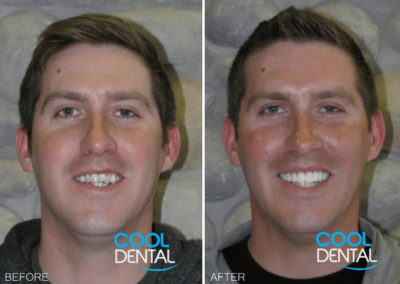
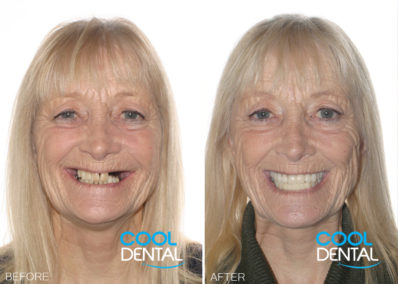
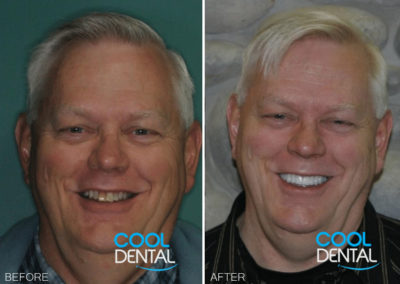
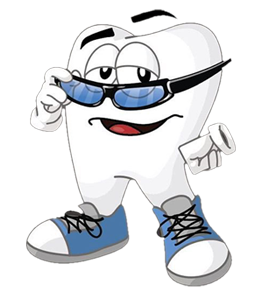
More Before & Afters
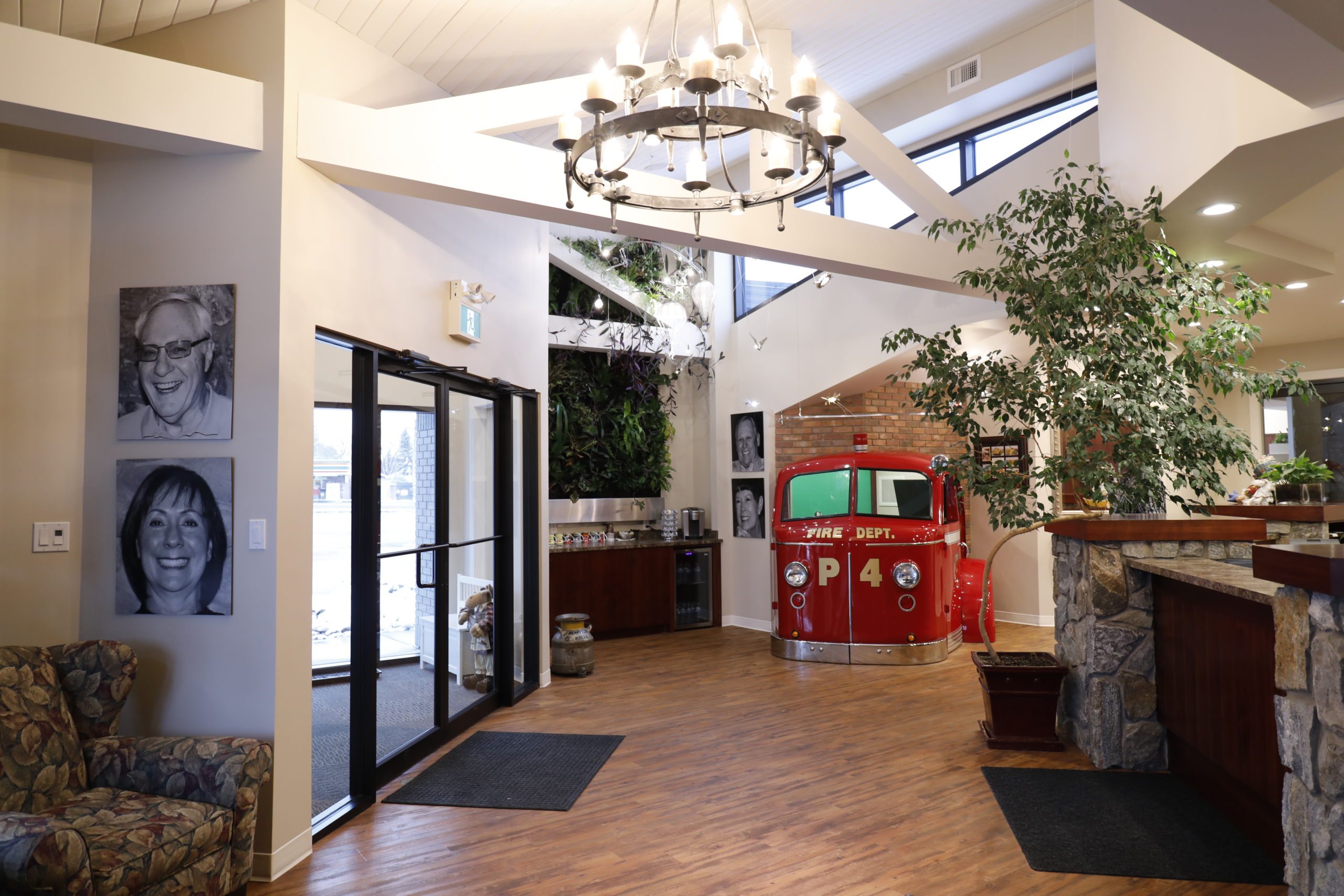
Are you ready for a new dental experience?
Copyright 2025 Cool Dental and Dental Growth Strategies | All Rights Reserved | Powered by DGS
